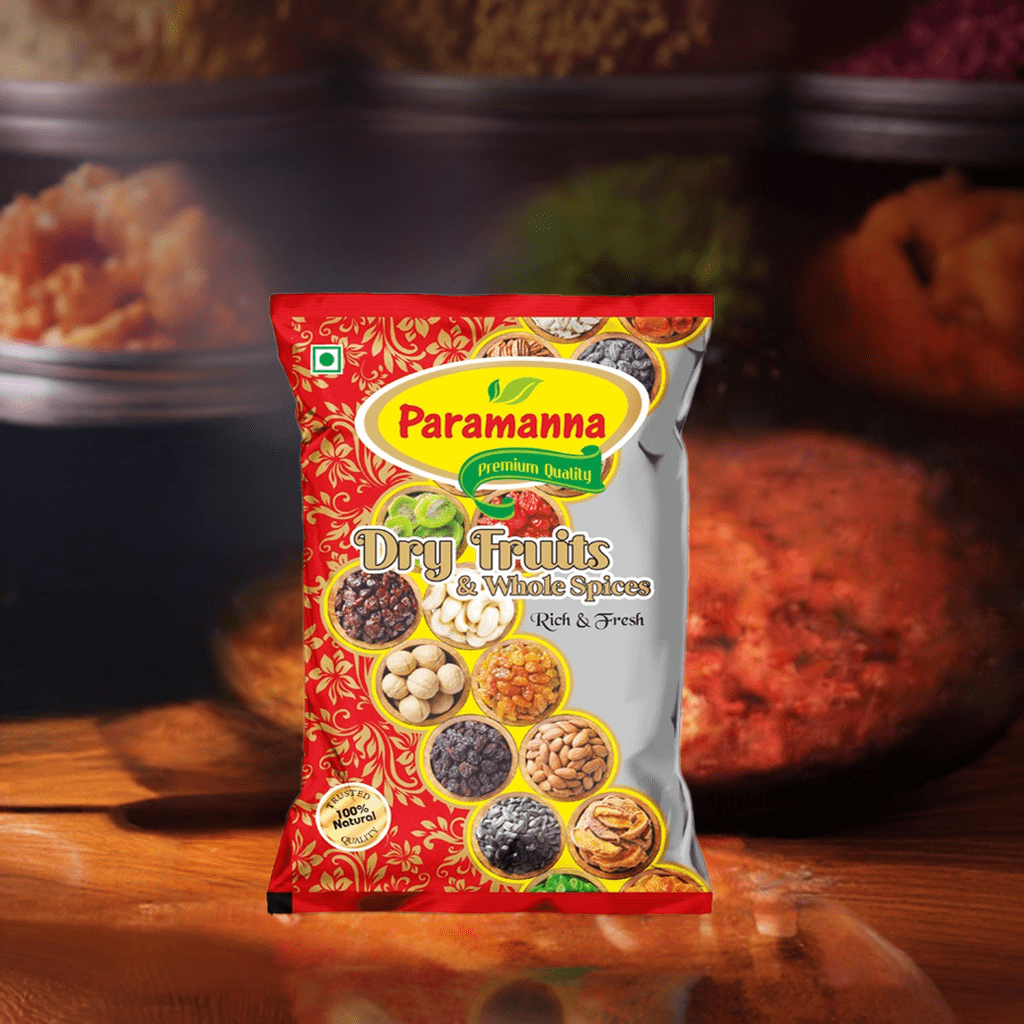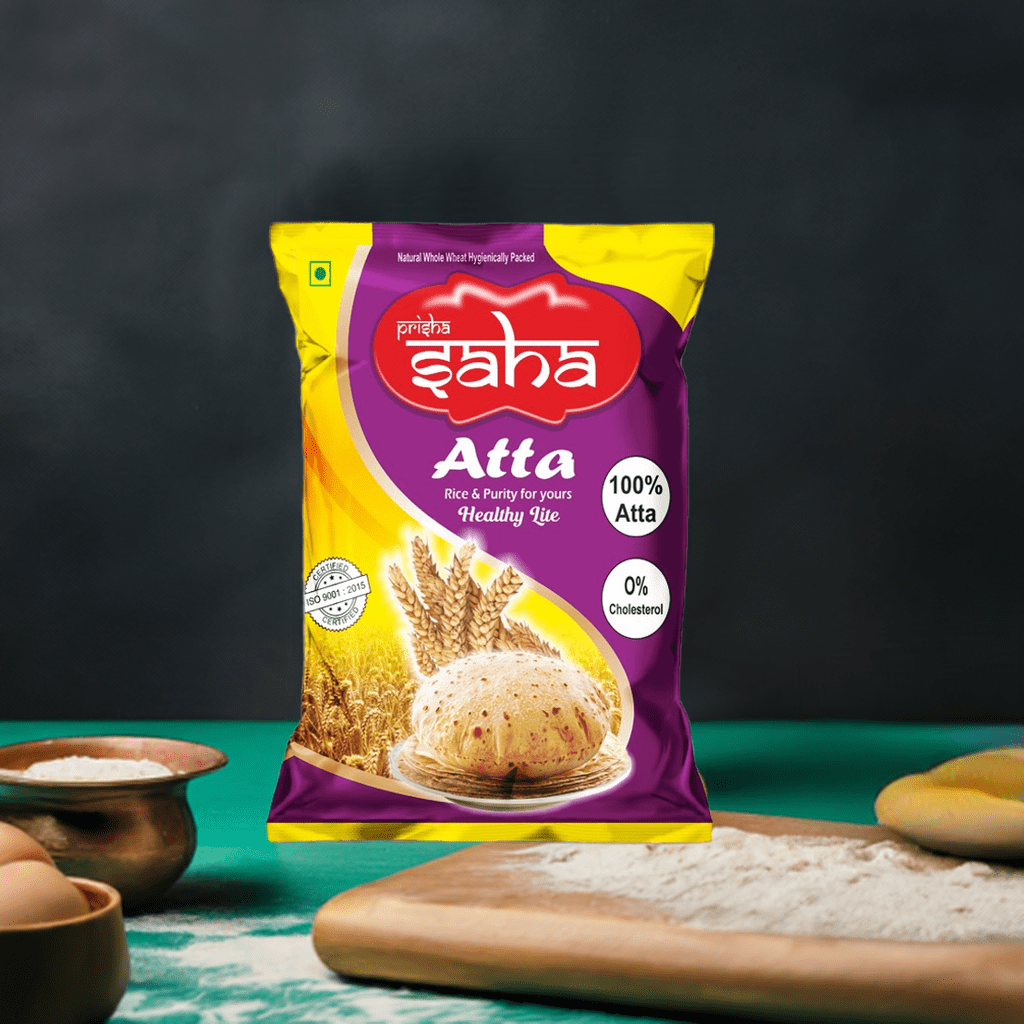In the bustling Indian marketplace, packaging is far more than just a protective layer. It’s a product’s first handshake with the customer, a guardian of freshness, and a powerful branding tool. For industries ranging from FMCG and food processing to agriculture and pharmaceuticals, understanding the landscape of packaging regulations is crucial for success. As we approach 2025, these standards are evolving, with a greater emphasis on safety, quality, and environmental responsibility.
This guide will walk you through the essential packaging standards and certifications you need to know. As a leading packaging supplier in Kolkata, Tirupati Traders is committed to helping businesses navigate this complex environment, ensuring your products are not only well-protected but also fully compliant.

Decoding Mandatory Packaging Regulations in India
For any business operating in India, adhering to mandatory government regulations is non-negotiable. These laws are in place to protect consumers, ensure fair trade, and manage environmental impact. Ignoring them can lead to hefty fines, product recalls, and severe damage to your brand’s reputation.
- Legal Metrology Act, 2009: This is the foundational law for pre-packaged goods. It mandates that every package must clearly display essential information, including the Maximum Retail Price (MRP), net quantity, manufacturing date, and complete details of the manufacturer. This ensures transparency and empowers consumers to make informed decisions.
- Bureau of Indian Standards (BIS): The BIS sets the quality and safety benchmarks for a vast range of packaging materials. For businesses in the food industry, complying with specific IS codes (like IS: 17626 for plastic food containers) is critical. As an experienced laminated pouch maker, we ensure our products, like our printed paneer packaging, meet these stringent quality norms.
- Food Safety and Standards Authority of India (FSSAI): If your product is edible, FSSAI’s regulations are paramount. These rules govern food-contact materials, setting strict limits on the migration of substances from the packaging into the food. This guarantees that the food remains pure, safe, and free from contamination.
- Plastic Waste Management Rules: Under the Environment Protection Act of 1986, these rules place the responsibility of managing plastic waste on the producers (Extended Producer Responsibility – EPR). This is driving a shift towards recyclable materials and smarter packaging design to minimize environmental footprints.
The Strategic Advantage of Voluntary Certifications
While mandatory regulations set the baseline, voluntary certifications are what set your brand apart. Pursuing these standards demonstrates a proactive commitment to excellence and sustainability, which can significantly enhance your brand’s image and open doors to new markets.
You may wonder what the difference is between a standard and a certification. A standard is the documented rule or guideline, while a certification is the formal verification from a third party that you are successfully meeting that standard.
- ISO Certifications: ISO 9001:2015 focuses on robust quality management systems, ensuring consistency in every batch. ISO 14001 helps manage your environmental impact, while ISO 22000 is a specialised standard for food safety management, crucial for anyone producing packaging for chocolate bars or other food items.
- Forest Stewardship Council (FSC): If you use paper-based packaging, the FSC certification is the gold standard. It verifies that the paper comes from responsibly managed forests, assuring your environmentally-conscious customers that you are making a positive choice.
- Compostability & Biodegradability: With growing environmental concerns, certifications from bodies like the Central Pollution Control Board (CPCB) for compostable plastics are gaining importance. These certifications prove that your packaging can break down naturally under specific conditions, aligning with a circular economy model.

Case Study: Partnering for Compliant Flour Packaging
When Zaha Atta, a growing flour brand, needed a packaging solution, they faced a dual challenge: protecting their product from moisture and pests while complying with all BIS and FSSAI regulations. They partnered with us, a trusted custom printed pouch manufacturer, to develop a multi-layer, durable pouch. Our solution provided excellent barrier properties and featured clear, compliant labeling, helping Zaha Atta build consumer trust and expand their market presence. Explore similar solutions like our durable flour packaging bags.
Embracing Sustainability and Future Trends
The future of packaging in India is green. There is a strong push from both consumers and regulators towards sustainable solutions. This involves exploring materials like plant-based plastics and designing packaging for reuse and recycling. The concept of a circular economy is no longer just a buzzword; it’s a business imperative. To learn more about this shift, you can read about the latest trends in the Indian packaging industry.
Technology is also reshaping the industry. Smart packaging with QR codes allows for better traceability, while active packaging can extend the shelf life of products. As a forward-thinking packaging partner, Tirupati Traders is constantly exploring these innovations to provide our clients with a competitive edge.
Your Roadmap to Packaging Compliance
Achieving and maintaining compliance can seem daunting, but it’s a manageable process with the right approach and partner. A question we often hear from clients is, “Where do I even begin?” The first step is always to conduct a thorough audit of your current packaging against the latest regulations.
From there, developing a clear compliance strategy is key. This involves choosing the right materials and ensuring your designs incorporate all necessary information. Many businesses also ask if different standards apply to different products. The answer is yes; packaging for agarbatti will have different requirements than packaging for spices or fertilizers. It’s vital to understand these nuances.
Staying updated is another challenge. We recommend regularly checking official sources like the FSSAI and BIS websites and working with a knowledgeable supplier who stays ahead of these changes. At Tirupati Traders, we see it as our responsibility to guide our clients, from material selection to final design, ensuring their packaging is not only attractive and functional but also fully compliant with all Indian standards.
Ready to Elevate Your Packaging?
Navigating the world of packaging standards is essential for long-term success. By understanding the rules, embracing sustainability, and working with an expert partner, you can ensure your products are safe, appealing, and ready for the market of 2025 and beyond.
If you’re looking for a reliable plastic pouch manufacturer in Kolkata that understands the intricacies of Indian regulations, Tirupati Traders is here to help. Contact us today to discuss your packaging needs and let us help you create a solution that works for your brand.
